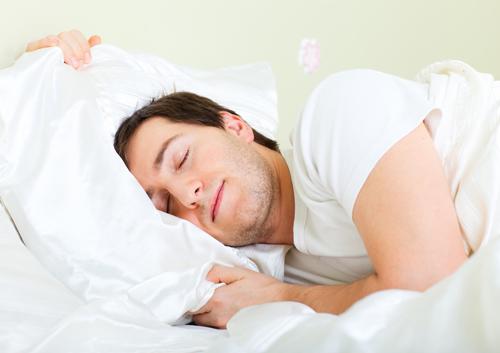The Effects of Sleep Apnea on Dental Health
August 26th, 2020

Sleep apnea is an increasingly common medical condition, and one that can have a truly devastating effect on the waking life of the sufferer. Those who suffer from the disorder may find that they suffer any or all of the following side effects:
- Saliva has several important jobs, and one of them is to protect and heal your tongue, your gums, and the inside of your mouth. Snoring and sleep apnea dry out your mouth, meaning there isn’t enough time for your saliva to do all this vital work.
- Over an extended period of sleep apnea, it’s likely that the sockets of your teeth will begin to dry out overnight as a result of your gasping for air and snoring between breaths. If this happens too frequently over a long a period of time, it can start to loosen your teeth.
- Those with sleep apnea often also practice bruxism, which is the habit of clenching and grinding your teeth together as you sleep. This can lead to all manner of problems, including TMJ disorder, damage to the enamel, headaches, and toothaches.
- For obvious reasons, sleep apnea does not lead to a particularly good night’s sleep. This means that sufferers are often tired and irritable, and suffer from the many other ill effects of sleep deprivation.
- While it is unclear whether the reasons behind this are correlative or causative, it has been suggested there are links between sleep apnea and cardiac arrests, depressive disorders, Type Two diabetes, cancerous tumors, “silent” strokes, and various complications of pregnancy.
While sleep apnea can be a troubling condition, Dr. Cynthia Stephenson and our team at Cynthia Stephenson, DDS will tell you it is eminently treatable. There are a number of ways to combat it, ranging from simple sleep hygiene to use of a CPAP machine. Of course, if it is possible for you to reduce your weight a little in a safe and healthy way, some have found that is also helpful in combating the problem. Sleep apnea is very easy to treat, once it has been correctly identified.
If you think you may be suffering from sleep apnea, or if you would like to know more about the condition, please give us a call at our convenient Walnut Creek, California office to schedule an appointment with Dr. Cynthia Stephenson.





